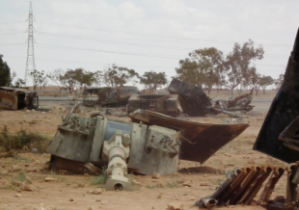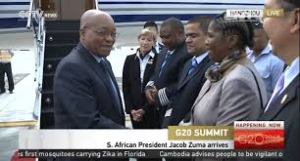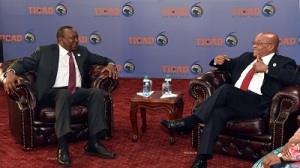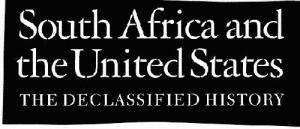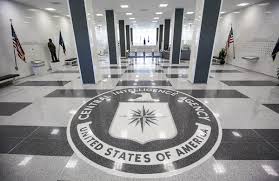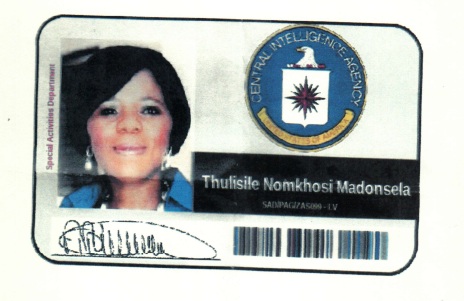Libya remains embroiled in chaos. Its U.N.-backed government is falling apart, and internal wars continue to be waged on multiple fronts. ISIS ravages the north of the country. The U.S. is bombing it — again, in the second war in five years.
But what is rarely communicated in media reports is that the only reason ISIS is in Libya in the first place is because of the 2011 NATO regime change operation that toppled the government, giving Islamist extremists a vacuum in which to expand.
Western powers sold the 2011 bombing campaign as an ostensible humanitarian mission to protect rebels fighting the regime of Libya’s Muammar Qadhafi. Micah Zenko, a senior fellow at the Council on Foreign Relations, used NATO’s own materials, however, to conclusively show that “the Libyan intervention was about regime change from the very start.”
